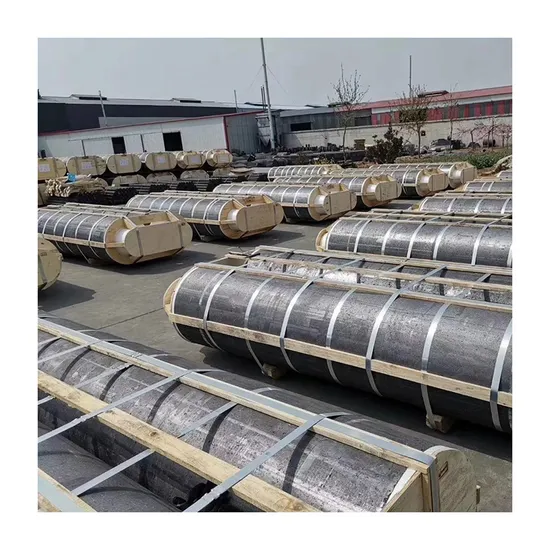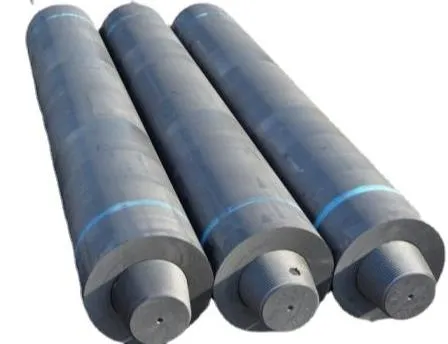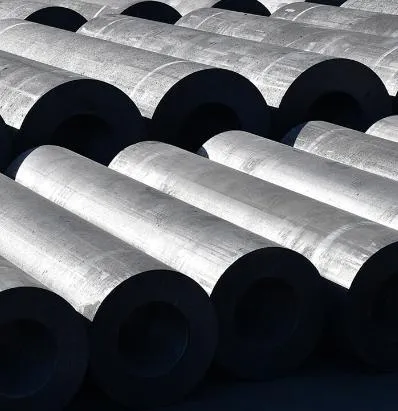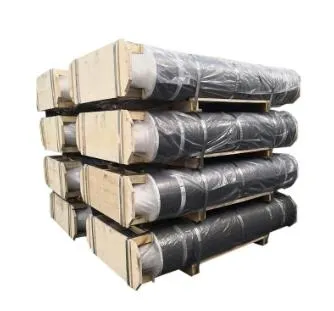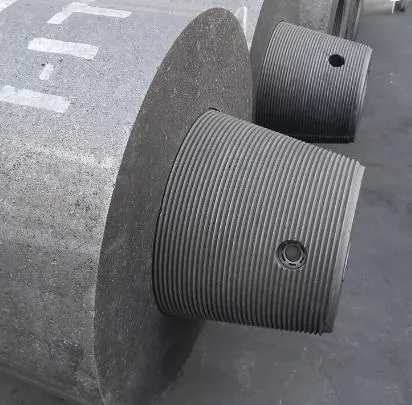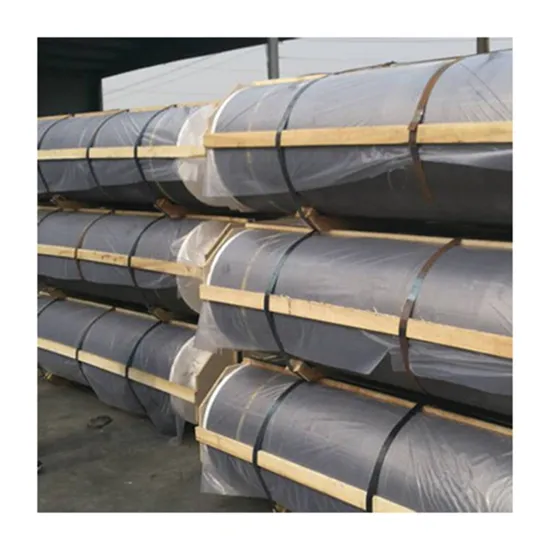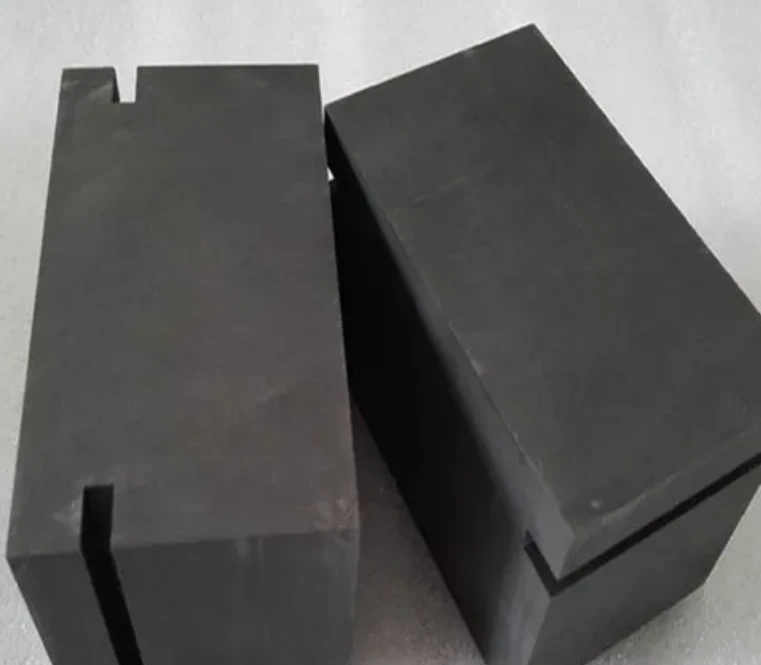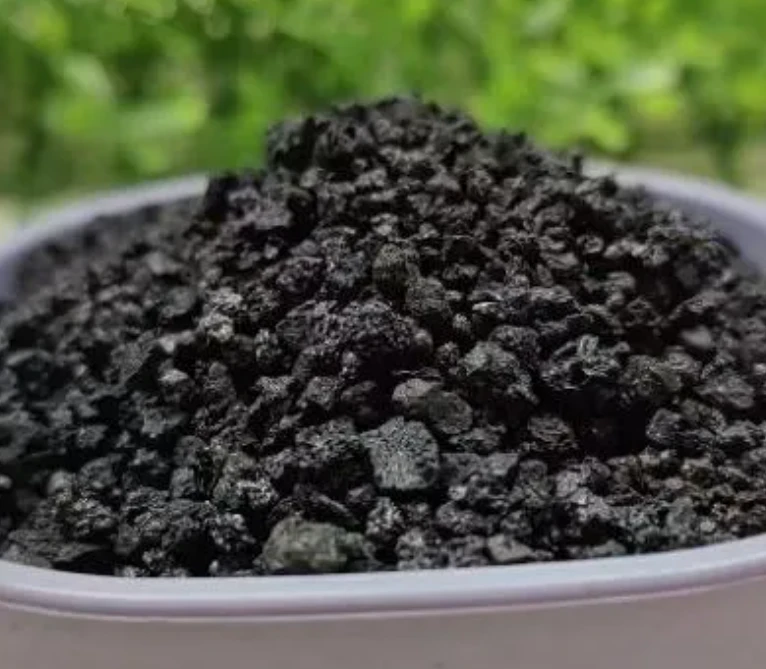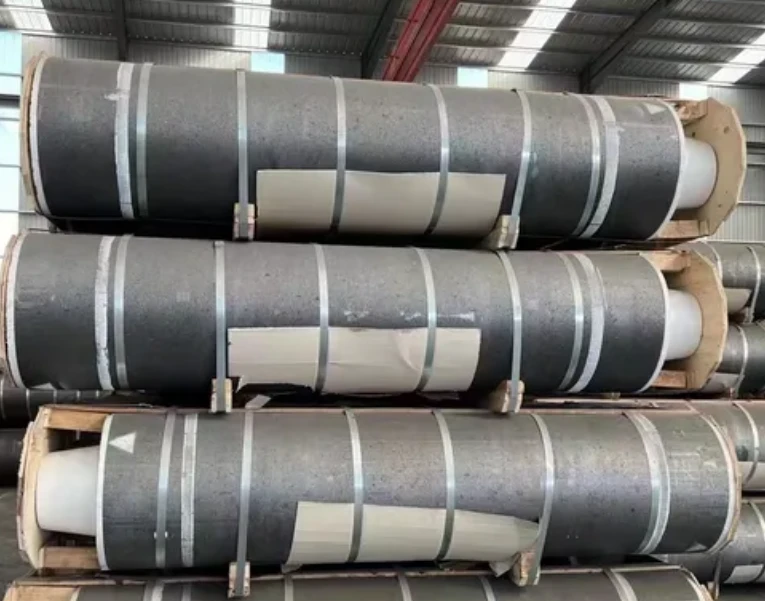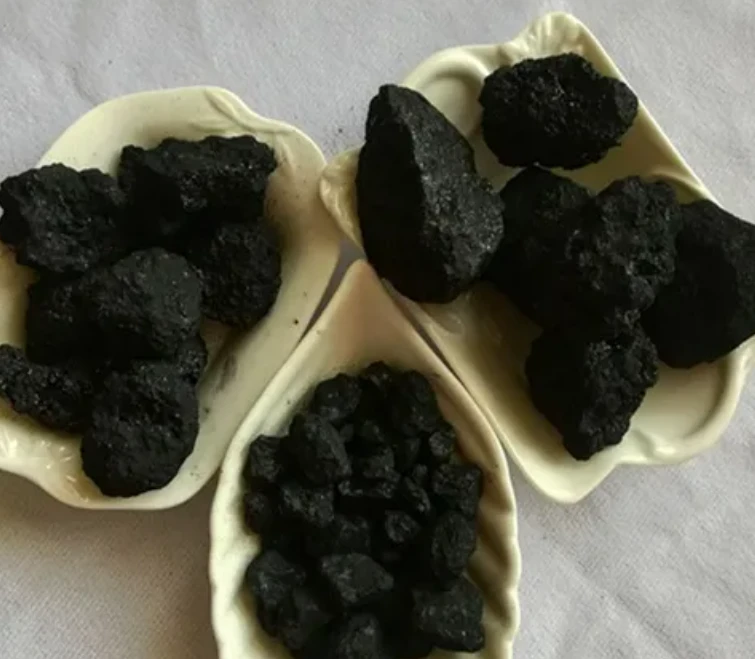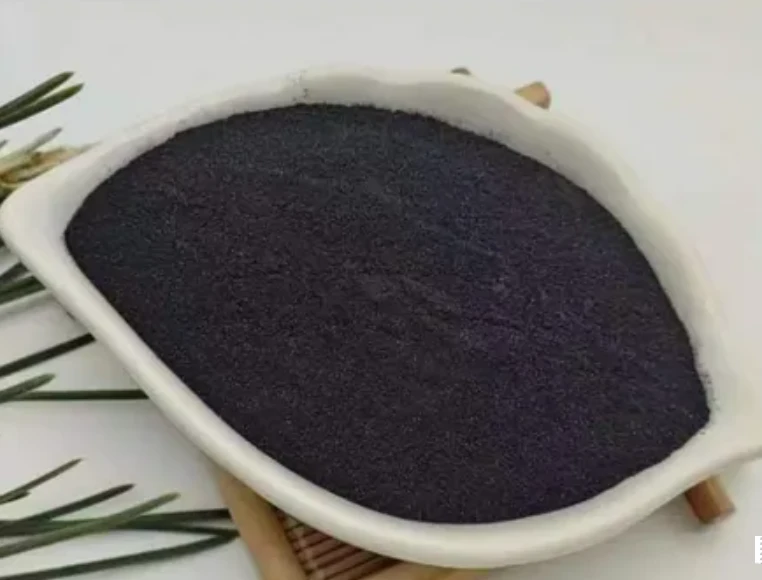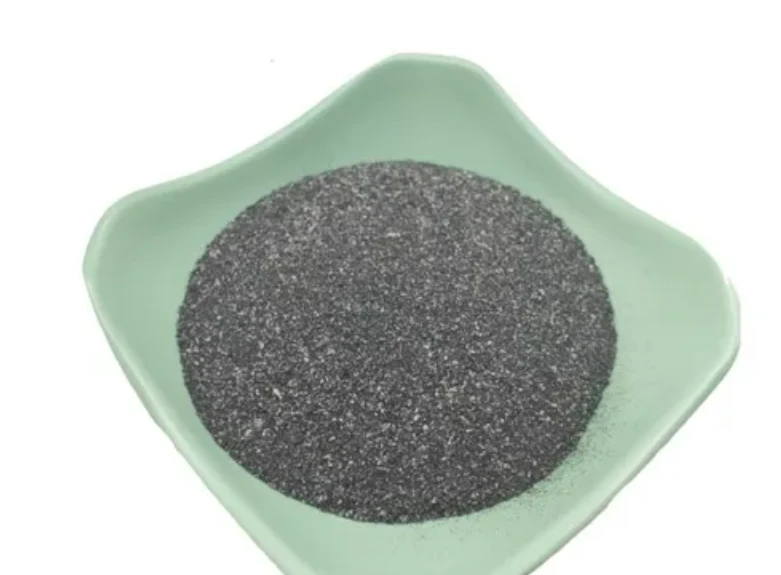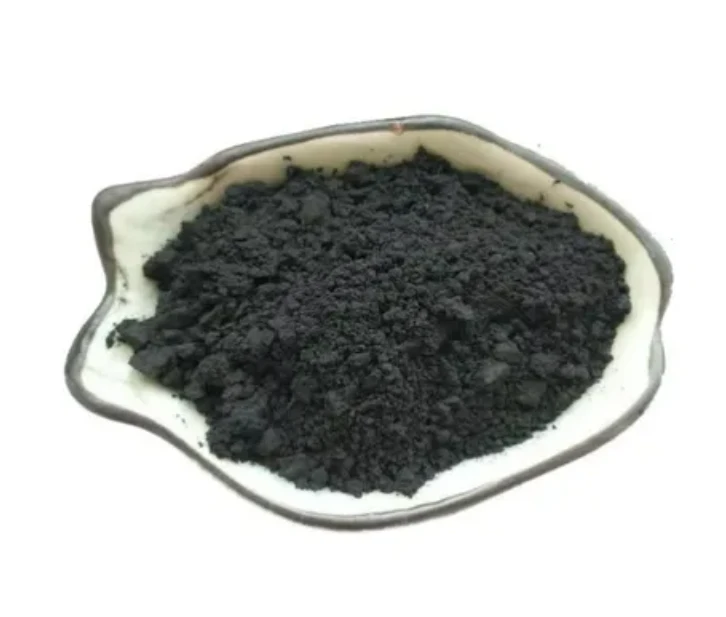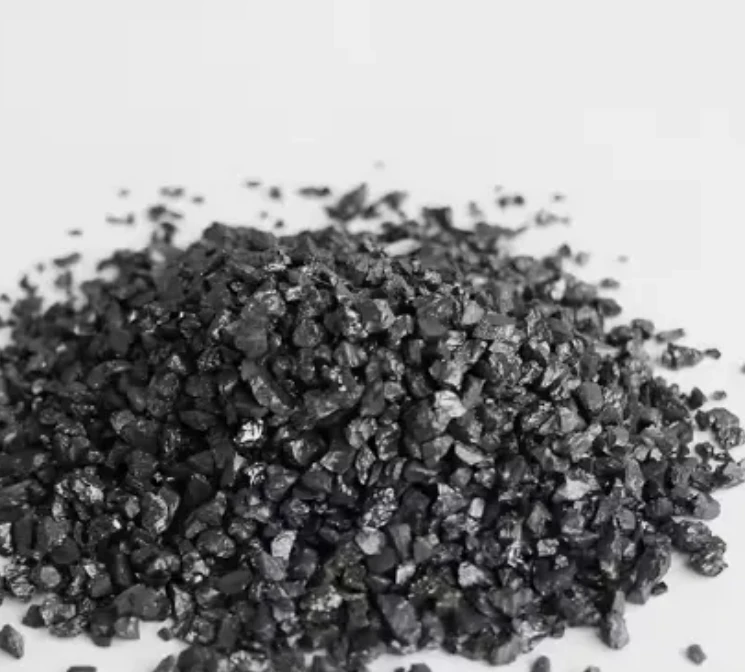- Englist


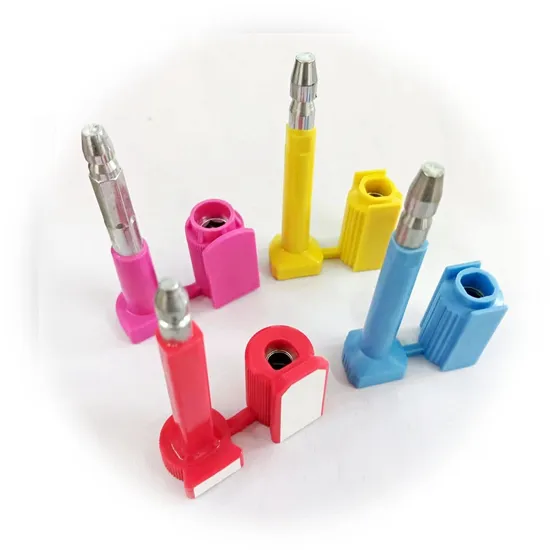
- Comprehensive overview of coke petroleum products
- Market dynamics and statistical insights
- Technological advances driving coke and refined petroleum products
- Comparative analysis of key manufacturers
- Tailored solutions addressing industry requirements
- Real-world application cases and featured products in action
- Future prospects and concluding thoughts on coke petroleum products

(coke petroleum products)
Exploring the World of Coke Petroleum Products
Coke petroleum products form the backbone of multiple industrial sectors, serving as critical inputs in metallurgical, chemical, and energy applications. This broad product category encompasses petroleum coke (petcoke), calcined and needle coke, and several refined derivatives. Their role spans fuel for electricity generation, feedstock for aluminum smelters, and essential materials in steel production. With the worldwide demand for steel predicted to reach 1.9 billion metric tons by 2025 (World Steel Association), the necessity for reliable, high-grade coke and refined petroleum products continues to increase at an estimated annual compound growth rate of 6.3%. Given this momentum, manufacturers and end-users alike seek not only volume but also consistent quality, traceability, and supply chain resilience.
Within this context, understanding the fundamental properties of coke petroleum products, as well as the latest trends and market drivers, is crucial for industrial procurement specialists and product development engineers. From sulfur content and volatile matter to electrical conductivity and physical strength, parameters vary based on end-use requirements. Strategic sourcing, process optimization, and environmental compliance further underscore the importance of staying informed about recent advances and featured offerings in the global marketplace.
Market Analysis and Statistical Impact
The market for coke petroleum products is influenced by fluctuating crude prices, regulatory frameworks on emissions, and regional consumption patterns. According to the International Energy Agency (IEA), global petroleum coke consumption reached 145 million tons in 2023, split primarily between power generation (38%), metal processing (45%), and chemical manufacturing (17%). In North America and Asia-Pacific, sustained investments in heavy industry have boosted demand for both fuel-grade and anode-grade cokes. Recent years have recorded average export price increases of up to 9.8% in premium needle coke, attributable to the proliferation of electric arc furnaces (EAF) and lithium-ion battery manufacturing.
The growing prevalence of environmental guidelines such as IMO 2020 for maritime fuels and the European Union's Emissions Trading System (EU ETS) reshapes the competitive landscape, favoring manufacturers with low-sulfur, low-metal content coke and refined petroleum products. The chart below summarizes volume, price, and quality trends across major segments as of Q1 2024.
| Product Segment | 2023 Volume (Million Tons) | Average Price (USD/MT) | Quality Focus | Key Regions |
|---|---|---|---|---|
| Fuel-Grade Petcoke | 80 | 96 | Sulfur, Volatile Matter | Asia, Gulf |
| Anode-Grade Petcoke | 45 | 250 | Low Sulfur, High Carbon | North America, China |
| Needle Coke | 13 | 2,100 | Ultra Low Sulfur, Electrical Conductivity | Japan, US |
| Refined Petroleum Derivatives | 7 | 620 | Purity, Trace Metals | Europe, Middle East |
Technological Advantages in Coke and Refined Petroleum Products
Recent advancements have significantly enhanced the quality, environmental compliance, and cost-effectiveness of coke and refined petroleum products. Advanced delayed coker units now enable tighter control over sulfur and metals, reducing SO₂ emissions up to 22% during combustion. The introduction of real-time process analytics and precision calcination has yielded petcoke with unprecedented consistency, benefiting both electrode manufacturing and energy-intensive industries.
The integration of automation and digital process control further boosts productivity by lowering turnaround time and operational errors. For instance, automated dry cooling systems for calcined coke have reported energy savings of up to 16%, according to data from major plant operators. Proprietary purification stages greatly improve the purity of needle cokes, now demanded by the fast-growing battery materials sector. These enhancements deliver highly tailored, value-added products while aligning with tightening global emissions standards.
Key Manufacturer Comparison
For buyers and supply chain managers, understanding the differing strengths and specializations among coke and refined petroleum products manufacturers is paramount. Here, we provide a comparative overview of leading global vendors based on production capacity, technological capabilities, sustainability efforts, and product differentiation.
| Manufacturer | Annual Capacity (MT) | Primary Product Lines | Technology/Process | Sustainability Certification |
|---|---|---|---|---|
| Phillips 66 | 10 million | Fuel, Anode, Needle Coke | Proprietary Delayed Coker | ISO 14001, API Q1 |
| Rain Carbon Inc. | 7.5 million | Calcined Petcoke, Refined Products | Low-Emission Calcination | Responsible Care, REACH |
| Sinoway Petrochemical | 6.1 million | High Purity, Anode Coke | Plasma Purification | ISO 50001 |
| Oxbow Carbon LLC | 5.8 million | Fuel, Blending, Premium Grades | Optimized Blending | ISO 9001 |
These differentiators empower procurement professionals to align sourcing with both technical requirements and sustainability objectives, ensuring long-term supply stability.
Customized Solutions for Evolving Industry Needs
Because no two applications are identical, progressive suppliers of coke petroleum products offer tailored formulations and technical support. For steelmakers, specification matching—such as fixed carbon above 98%, sulfur below 0.5%, and precise porosity—directly influences yield and quality. Aluminum producers seek ultra-low vanadium and heavy metal content, while battery and electrode industries prioritize needle coke with low coefficient of thermal expansion (CTE) and high electrical conductivity.
Leading manufacturers now utilize digital twin models, allowing customers to simulate coke performance in their specific processes before shipment. This not only minimizes risk but also optimizes batch allocations and improves inventory turnover rates. Vendors typically provide custom logistics packages, including moisture-controlled shipping and real-time traceability, to further streamline the procurement-to-delivery cycle. As compliance requirements grow sharper, these customizable offerings deliver measurable operational value, setting suppliers apart in a highly competitive landscape.
Application Cases and Featured Products in Action
The practical deployment of advanced coke and refined petroleum products demonstrates their value across diverse applications. In steel production, the deployment of premium calcined coke has, per a 2023 industry benchmark, lowered energy use by up to 14% and increased furnace campaign lifespans by 18%. In another case, a large chemicals manufacturer reduced carbon dioxide emissions by transitioning to needle coke supplied with a guaranteed sulfur content of <0.2%, contributing to both performance metrics and environmental targets.
- Case Study: High-Performance Graphite Electrodes – A major electrode producer adopted high-purity, low-CTE needle coke, achieving conductivity improvements of 8.7% and reducing failure rates by 11% over twelve months.
- Case Study: Refinery Residue Upgrade – An integrated refiner-chemicals group utilized custom-blended fuel-grade petcoke to recover 23% more energy from heavy residues in power generation compared to standard products.
- Featured Product Highlight – A newly-released ultra-low metal anode coke underwent independent validation for stable performance in high-amperage aluminum cells over 2,000 operating hours, offering clear productivity gains.
At industrial scale, the ability to match product characteristics with process needs not only delivers economic benefits, but also supports wider sustainability priorities—a crucial concern as the global heavy industry seeks to decarbonize.
Future Outlook and Strategic Positioning in Coke Petroleum Products
As industry and environmental expectations evolve, the demand for advanced coke petroleum products will likely accelerate further. Manufacturers with proven records in innovation, compliance, and customer-centric customization stand to lead the next cycle of growth. Enhanced analytics, digital supply chain transparency, and ongoing investment in greener refining technologies will be essential for meeting both regulatory and operational mandates. With a clear trend toward featured products tailored for next-generation energy solutions and material efficiency, forward-looking market participants must cultivate agility, invest in workforce capability, and sustain global partnerships. For stakeholders across the value chain, staying informed and proactive in adapting to developments will determine long-term competitiveness within the coke petroleum products sector.

(coke petroleum products)





 Pervious
Pervious
 Next
Next
